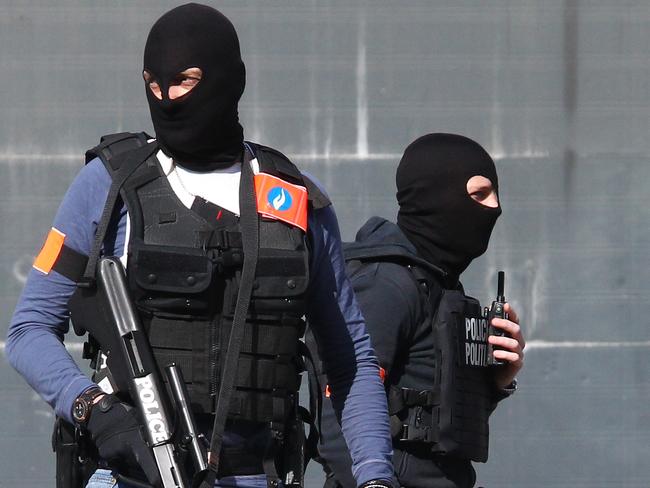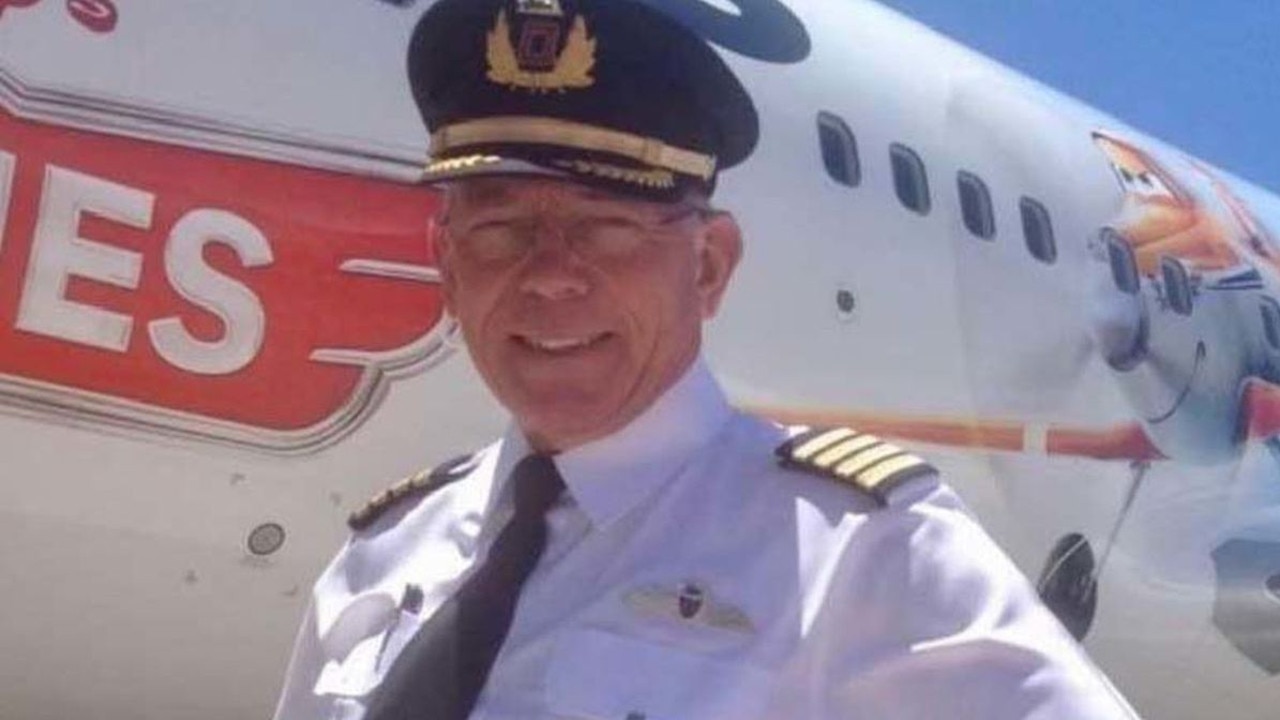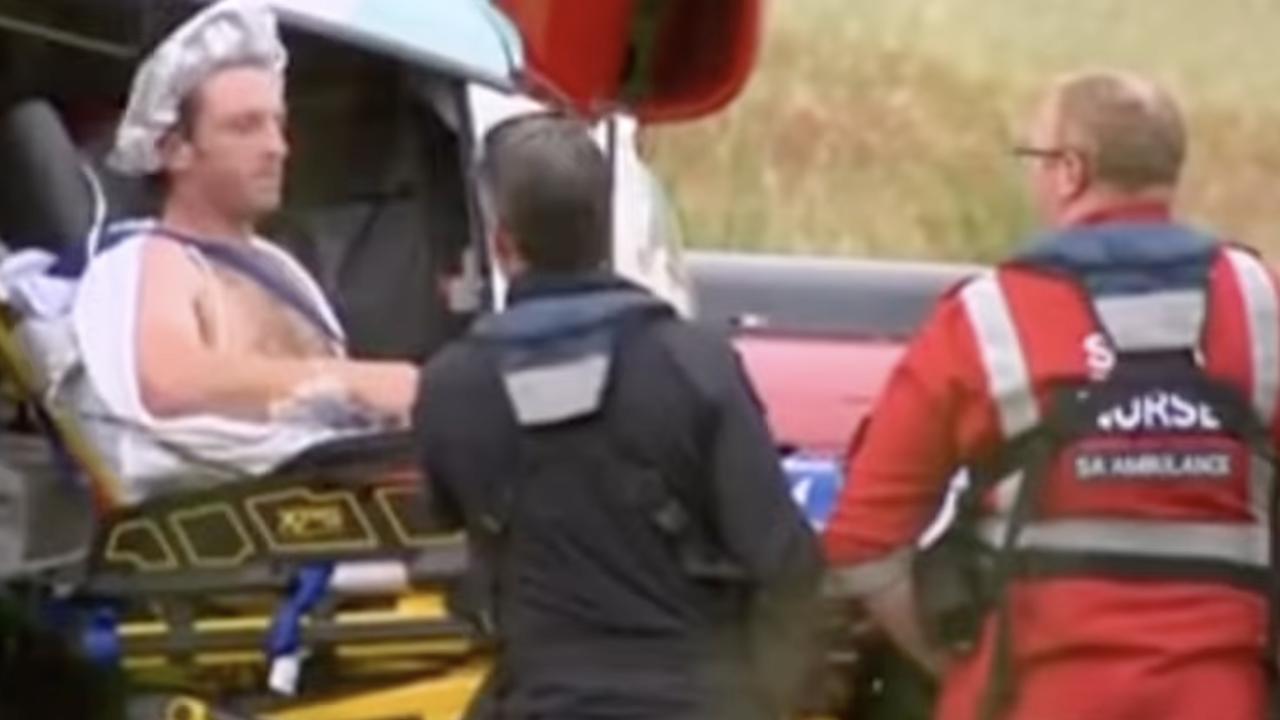What we know about the Brussels attack
THE world is in shock after three explosions killed at least 31 people in Brussels. Here is everything you need to know.
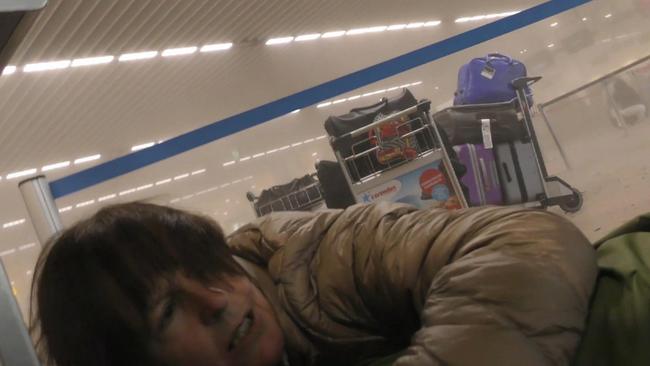
BELGIUM is in mourning after three explosions rocked its capital Brussels on Tuesday morning.
Prime Minister Charles Michel has declared three days of national mourning after what he says were probably the most tragic attacks the country has seen in peacetime.
Witnesses have described a “war scene” with blood everywhere.
Here’s what we know so far:
• Three explosions in total rocked Brussels on Tuesday morning.
• The first two hit Zaventem airport’s departure hall shortly after 8am.
• One hour later there was an explosion at Maelbeek metro station.
• Belgian officials say at least 31 people were killed and 250 wounded during the three explosions.
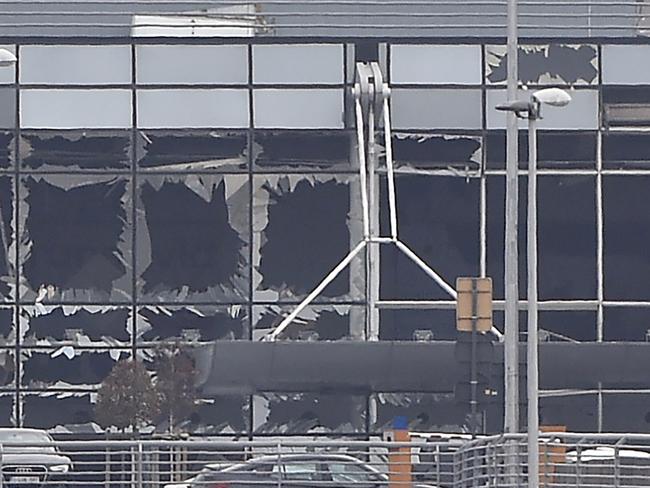
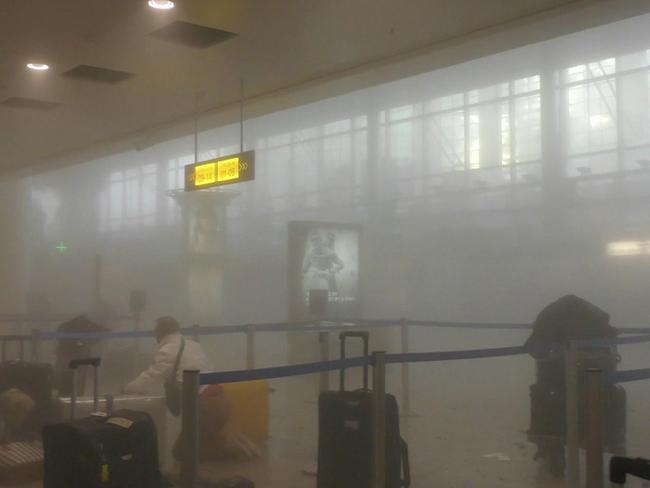
• A Belgian prosecutor says police raids are happening around the country after two men “probably” staged suicide bombings at the Brussels airport and a third fled.
• Authorities are searching for a man suspected of carrying out the bombings and have released a photo of him with two friends at the airport. He is wearing a light-coloured jacked with a black hat and glasses.
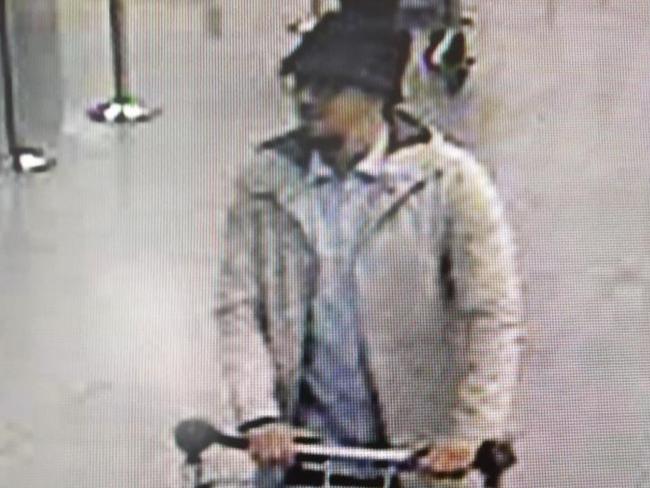
• He is pictured with two other men who are suspected of being suicide bombers. Their identities are unknown.
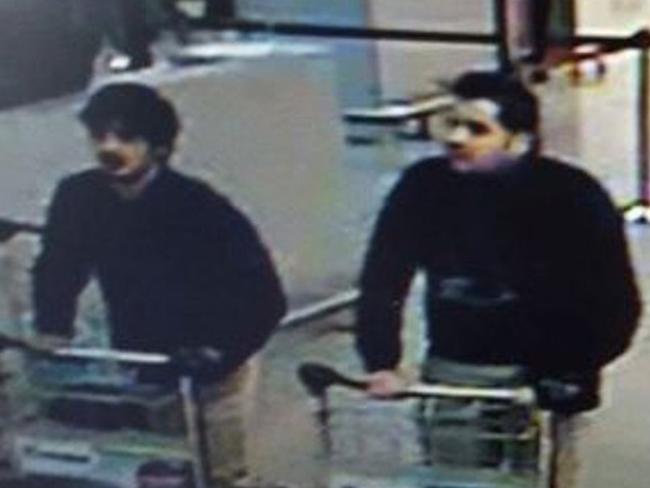
• Belgian federal prosecutors say a house search in the Brussels neighbourhood of Schaerbeek has “led to the discovery of an explosive device containing among other things nails”. Investigators also found chemical products and an Islamic State flag.
• Islamic State has claimed responsibility for the attacks, saying its extremists opened fire in the airport and “several of them” detonated suicide belts. But this has yet to be confirmed by authorities. A posting on the group’s Amaq news agency said the attack was in response to Belgium’s support of the international coalition working against it.
• A Brussels Airport spokeswoman told AP a third bomb was neutralised “with a controlled action” at the airport.
RELATED: Why they are targeting Belgium
• Anti-bomb squads also detonated suspicious objects in at least two other locations — the Maelbeek subway station and close to Brussels University a few miles further away. Authorities said those two did not contain explosives.
• The blasts come four days after authorities arrested Paris attack suspect Salah Abdelsam in Brussels. He has been linked to the November 13 militant attacks in Paris that killed 130 people.
AUSTRALIA’S RESPONSE
• Foreign Minister Julie Bishop condemned the attacks and said the Department of Foreign Affairs and Trade was urgently seeking to determine whether any Australians had been caught up in them.
• The travel advice for Australians going to Belgium has been upgraded, with people asked to reconsider their need to travel.
RELATED: Four Australians students trapped in Brussels
• In a tweet, Prime Minister Malcolm Turnbull said Australians’ thoughts, prayers and solidarity were with the people of Belgium.
Deeply concerned by the attacks in Brussels. Australians' thoughts, prayers & solidarity are with the people of Belgium.
— Malcolm Turnbull (@TurnbullMalcolm) March 22, 2016
BELGIUM IN LOCKDOWN
• Belgium on Tuesday raised its terror threat to the highest level — denoting “a serious and imminent threat”.
• All public transport in Brussels was shut down after Tuesday’s attack, people were urged to stay indoors and extra troops were sent into the city. The train stations were later reopened.
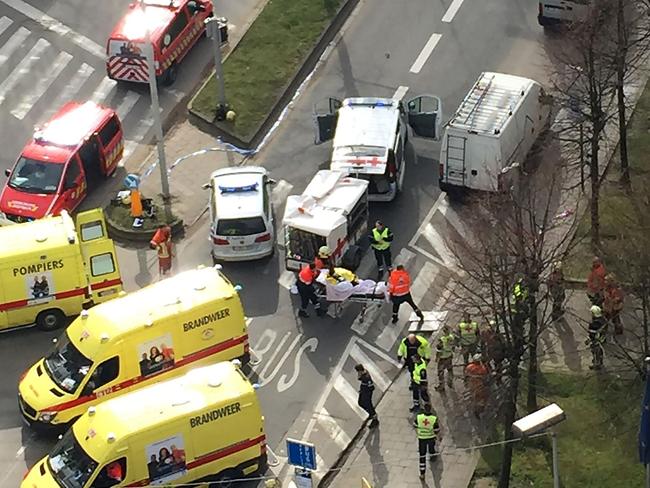
• All three main long-distance rail stations in Brussels were closed and train services on the cross-channel tunnel from London to Brussels were suspended.
• The airport is expected to remain closed at least through Wednesday, says the head of the airport.
• The Belgian federal prosecutor’s office has asked the media not to spread any information about the ongoing investigation.
• European Union leaders are pledging to tackle the terrorism threat with “all necessary means” after attacks on Brussels, which is the EU capital.
RELATED: Social media’s perfect response
• World leaders have condemned the attack, including US President Barack Obama.
• Airport security has been boosted across Europe including in Denmark, Sweden, Finland and Norway. Germany and New York City has also increased their security.
